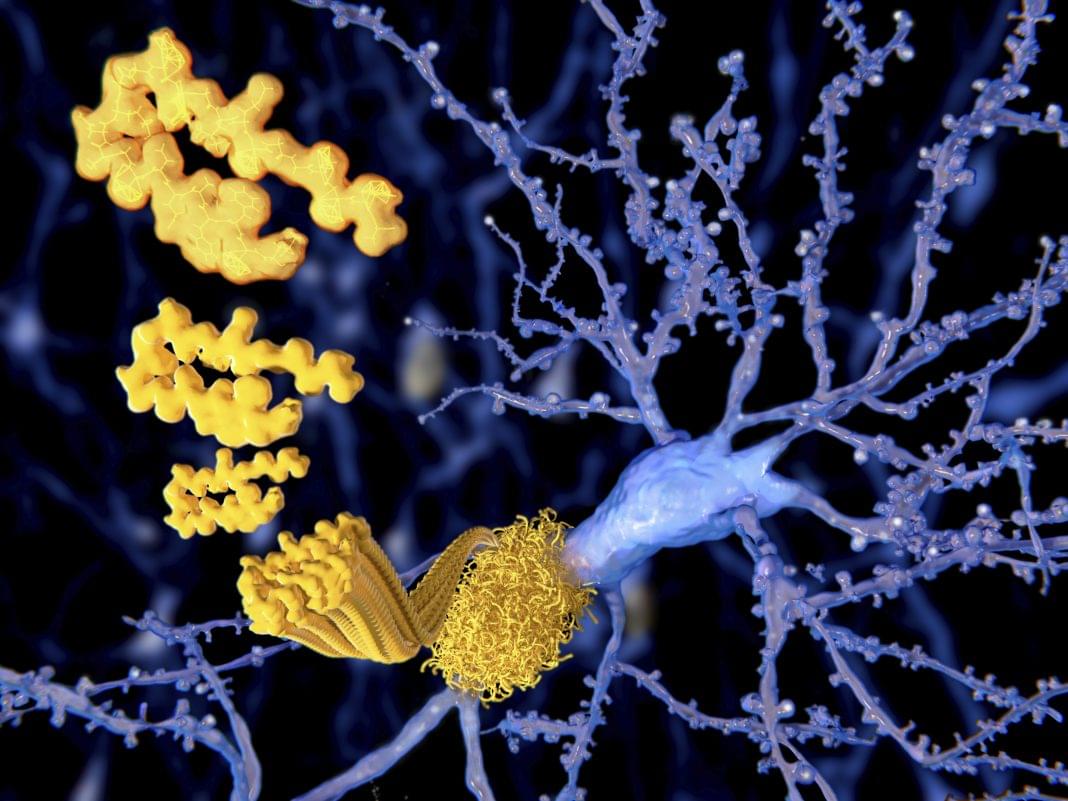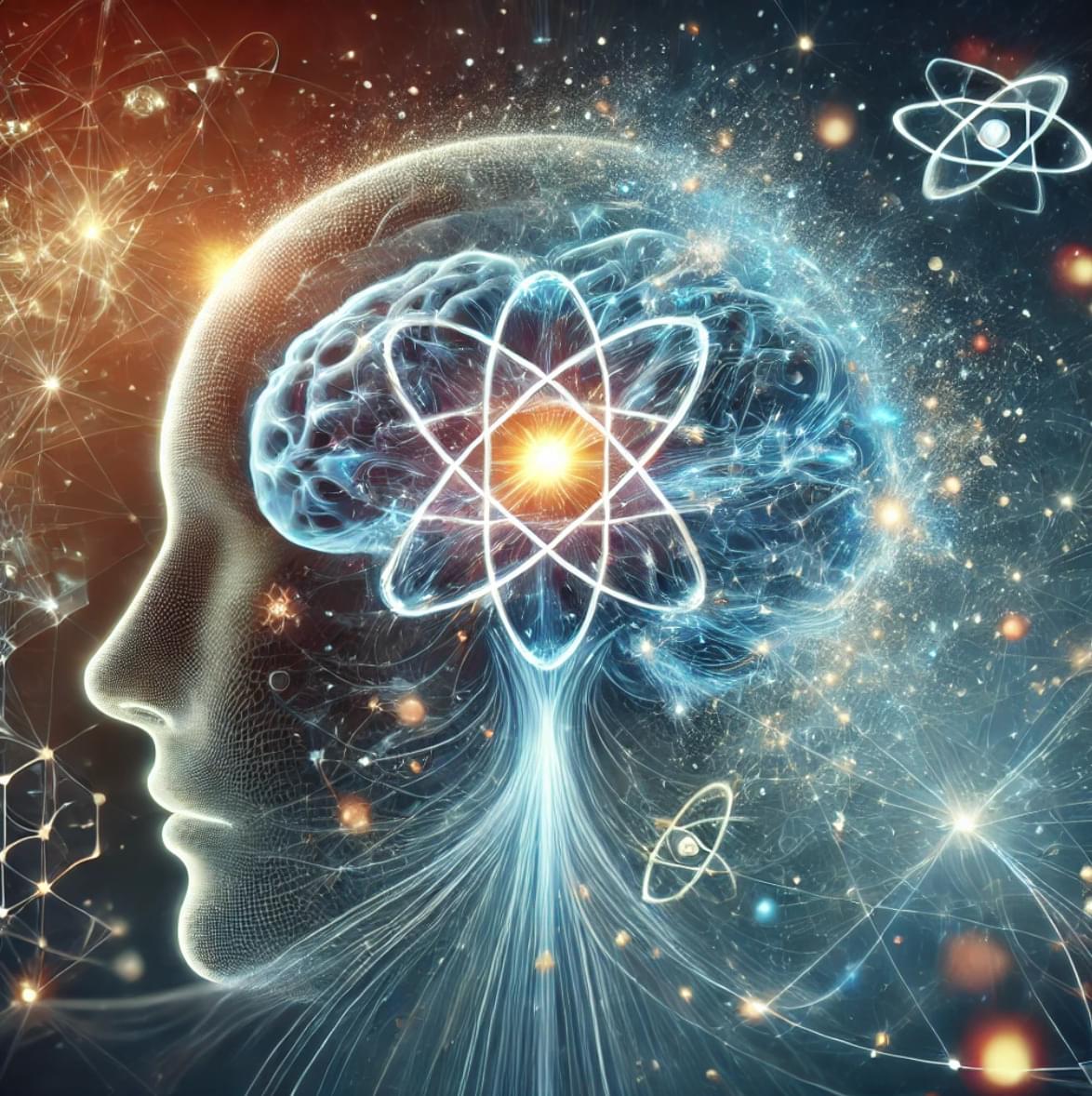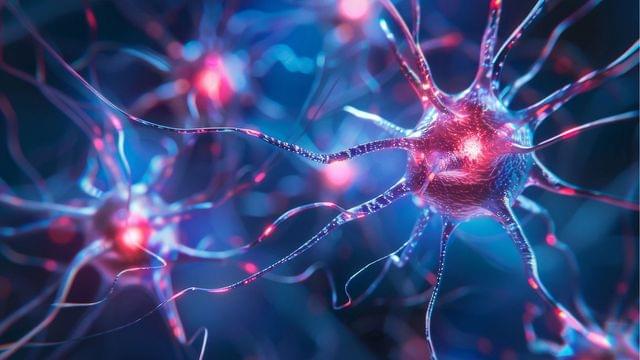A clip from Consciousness Live! featuring Philip Goff and Richard Brown discussing structural realism, string theory, and Russellian Monism.
Category: neuroscience – Page 316
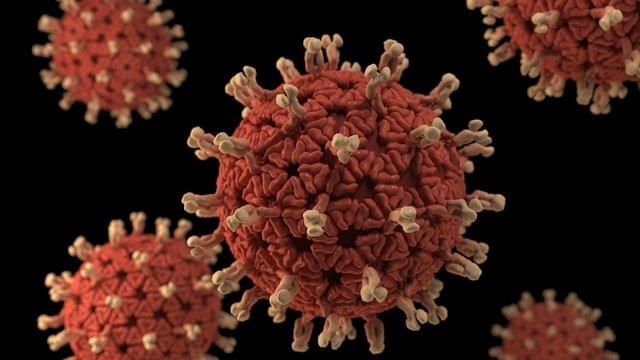
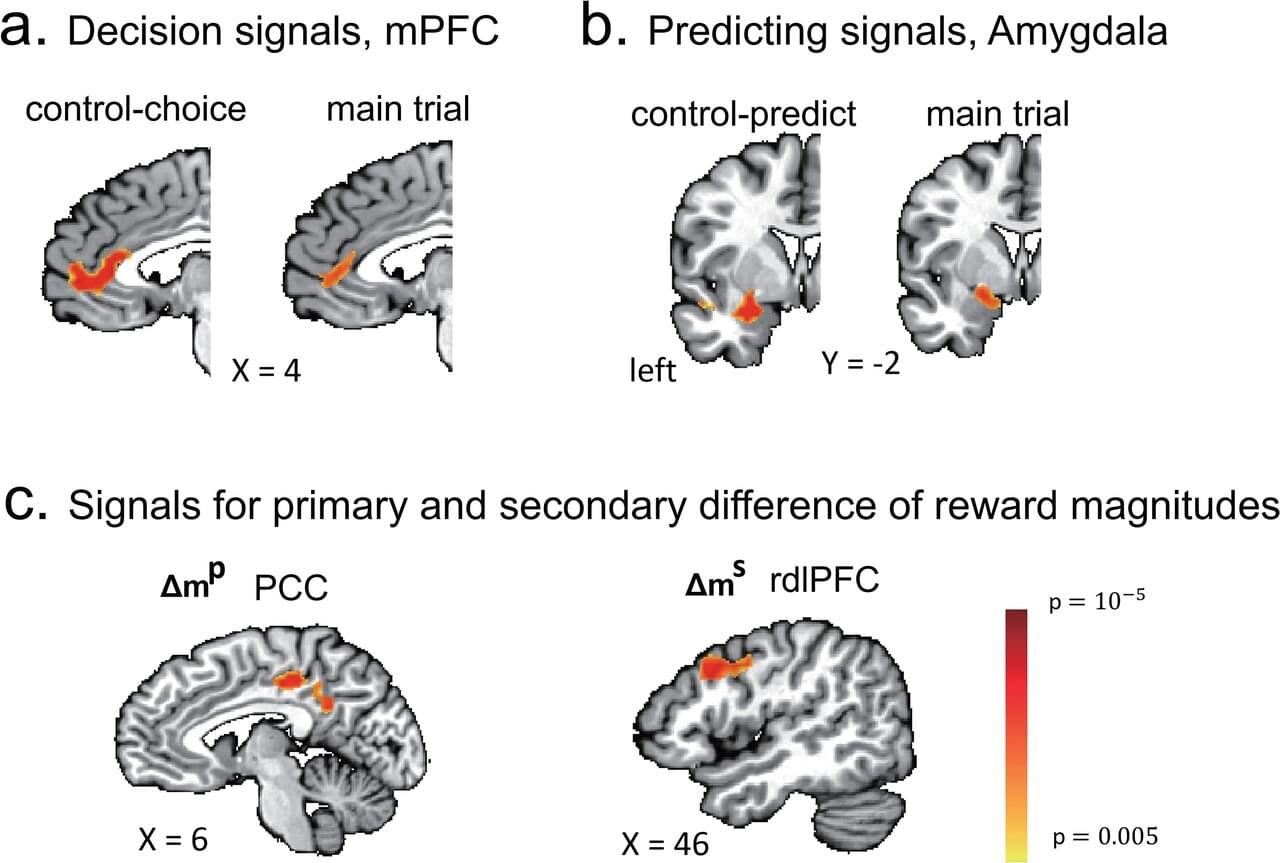
Brain-imaging experiments reveal how we process expectations about actions of others when making decisions
In the well-known thought experiment known as the prisoner’s dilemma, one individual has to decide whether to stay silent or talk to the police about their crime based on how they anticipate an accomplice will react. RIKEN researchers have gained insights into how the brain incorporates such predictions about choices made by others into the decision-making process.
Past studies have identified brain structures and circuits involved in predicting and interpreting the behavior of others. However, it was unclear how predictions of others’ behavior influence our choices.
Hiroyuki Nakahara of the RIKEN Center for Brain Science and his team hope to uncover more about this process. “We’re especially interested in understanding how human social capabilities are realized in the human brain,” Nakahara says.

Atoms that measure magnetic fields could lead to new quantum sensors
A team of physicists and engineers at the University of Colorado Boulder has discovered a new way to measure the orientation of magnetic fields using what may be the tiniest compasses around—atoms.
The group’s findings could one day lead to a host of new quantum sensors, from devices that map out the activity of the human brain to others that could help airplanes navigate the globe. The new study, published in the journal Optica, stems from a collaboration between physicist Cindy Regal and quantum engineer Svenja Knappe.
It reveals the versatility of atoms trapped as vapors, said Regal, professor of physics and fellow at JILA, a joint research institute between CU Boulder and the National Institute of Standards and Technology (NIST).
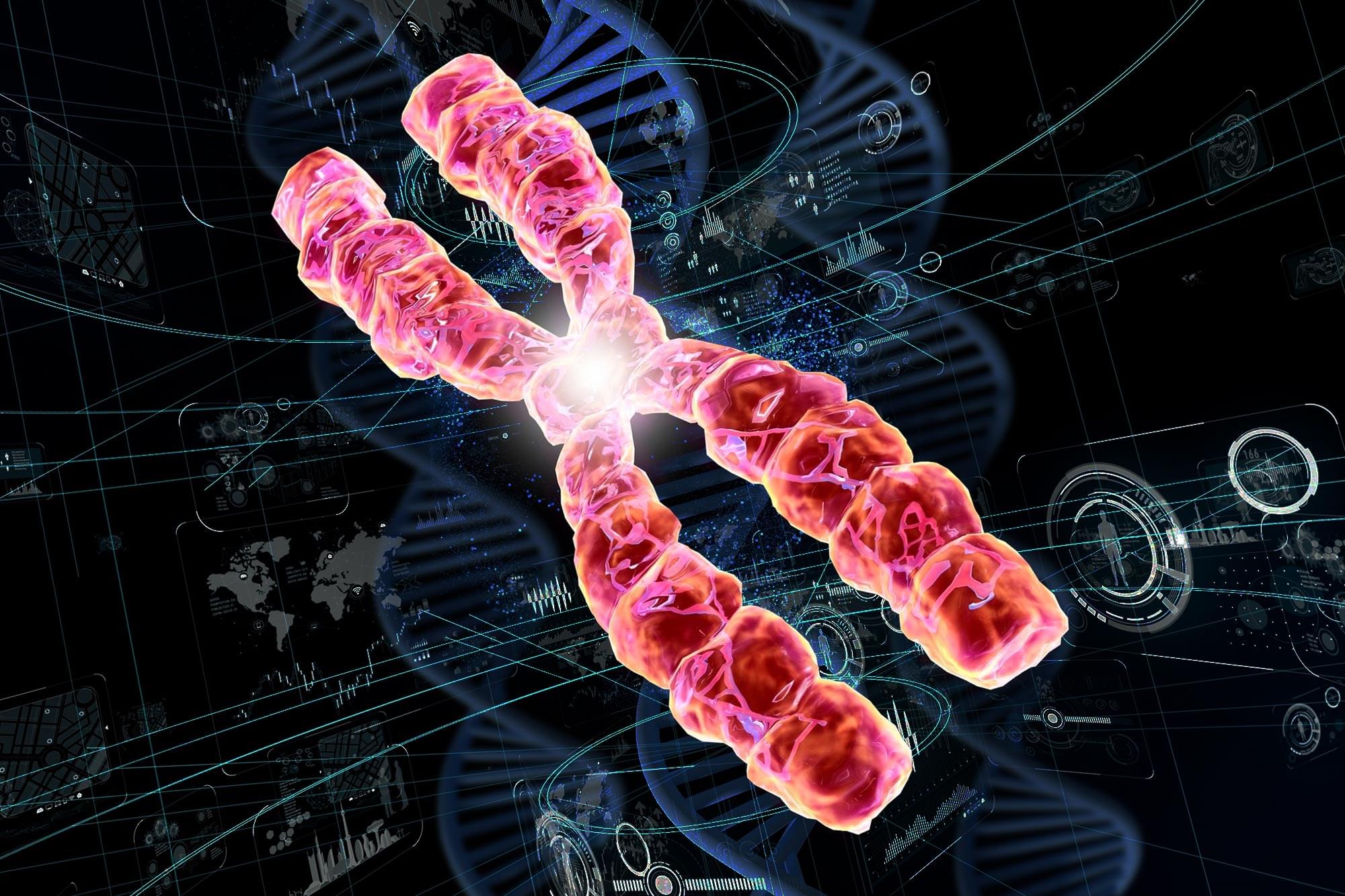
The Hidden DNA Clue That Predicts Stroke, Dementia, and Brain Aging
People with shorter telomeres — the protective caps at the ends of their chromosomes — may have a higher risk of developing age-related brain diseases such as stroke, dementia, and late-life depression (typically diagnosed at age 60 or older). This finding comes from a preliminary study set to be presented at the American Stroke Association’s International Stroke Conference 2025, a leading global event for stroke and brain health research, taking place in Los Angeles from February 5–7, 2025.
Telomere length in white blood cells (leukocytes), known as leukocyte telomere length, is a well-established marker of biological aging. As people age, telomeres naturally shorten, reducing their ability to protect chromosomes, which accelerates cellular aging and increases vulnerability to age-related diseases. While telomere length is partly determined by genetics, ancestry, and gender, it is also influenced by lifestyle factors and environmental stressors such as diet, exercise, and pollution.
James Cooke: How Did Matter Become Conscious & Alive? Living Mirrors Theory & The Dawn of Mind
Dr James Cooke, PhD trained is a neuroscientist, speaker, and writer. He holds three degrees from Oxford University (a PhD and Masters in Neuroscience & a BA in Experimental Psychology). He has conducted scientific research for over a decade at institutions such as Oxford University, University of California, Berkeley, University College London, Trinity College Dublin, and Riken Brain Sciences Institute in Tokyo. James is the author of The Dawn of Mind: How Matter Became Conscious and Alive (2024), which synthesizes science and spiritual insight to offer a radical solution to the Hard Problem of Consciousness. He is the founder of the \.
#041 Dr. SIMON STRINGER — Biologically Plausible Neural Networks
Dr. Simon Stringer. Obtained his Ph.D in mathematical state space control theory and has been a Senior Research Fellow at Oxford University for over 27 years. Simon is the director of the Oxford Centre for Theoretical Neuroscience and Artificial Intelligence, which is based within the Oxford University Department of Experimental Psychology. His department covers vision, spatial processing, motor function, language and consciousness — in particular — how the primate visual system learns to make sense of complex natural scenes. Dr. Stringers laboratory houses a team of theoreticians, who are developing computer models of a range of different aspects of brain function. Simon’s lab is investigating the neural and synaptic dynamics that underpin brain function. An important matter here is the The feature-binding problem which concerns how the visual system represents the hierarchical relationships between features. the visual system must represent hierarchical binding relations across the entire visual field at every spatial scale and level in the hierarchy of visual primitives.
We discuss the emergence of self-organised behaviour, complex information processing, invariant sensory representations and hierarchical feature binding which emerges when you build biologically plausible neural networks with temporal spiking dynamics.
00:00:00 Tim Intro.
00:09:31 Show kickoff.
00:14:37 Hierarchical Feature binding and timing of action potentials.
00:30:16 Hebb to Spike-timing-dependent plasticity (STDP)
00:35:27 Encoding of shape primitives.
00:38:50 Is imagination working in the same place in the brain.
00:41:12 Compare to supervised CNNs.
00:45:59 Speech recognition, motor system, learning mazes.
00:49:28 How practical are these spiking NNs.
00:50:19 Why simulate the human brain.
00:52:46 How much computational power do you gain from differential timings.
00:55:08 Adversarial inputs.
00:59:41 Generative / causal component needed?
01:01:46 Modalities of processing i.e. language.
01:03:42 Understanding.
01:04:37 Human hardware.
01:06:19 Roadmap of NNs?
01:10:36 Intepretability methods for these new models.
01:13:03 Won’t GPT just scale and do this anyway?
01:15:51 What about trace learning and transformation learning.
01:18:50 Categories of invariance.
01:19:47 Biological plausibility.
Pod version: https://anchor.fm/machinelearningstre… https://en.wikipedia.org/wiki/Simon_S… / simon-stringer-a3b239b4 “A new approach to solving the feature-binding problem in primate vision” https://royalsocietypublishing.org/do… James B. Isbister, Akihiro Eguchi, Nasir Ahmad, Juan M. Galeazzi, Mark J. Buckley and Simon Stringer Simon’s department is looking for funding, please do get in touch with him if you can facilitate this. #machinelearning #neuroscience.
https://www.neuroscience.ox.ac.uk/res…
https://en.wikipedia.org/wiki/Simon_S…
/ simon-stringer-a3b239b4.
